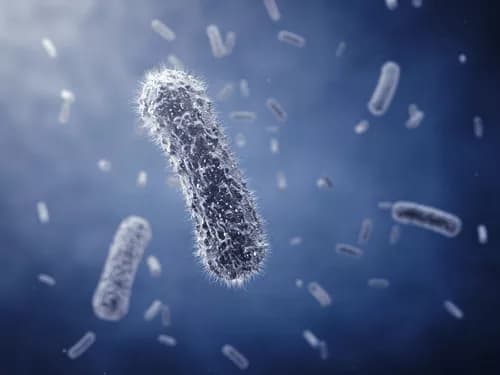New research suggests some gut bacteria that cause gastric upsets may also contribute to tumor development, by preventing routine mechanisms that repair damaged DNA and allow tumors to grow.
Researchers from the Wistar Institute, a National Cancer Institute designated research center in Philadelphia, PA, presented at the 2014 American Association for Cancer Research Annual Meeting in San Diego, CA. The researchers reminded that the gut has an estimated 10 trillion bacteria. Though many of these bacteria are beneficial, some can cause disease.
Colon cancer develops due to mutations in the genes of healthy cells in the gut lining accumulate, causing them to gradually become cancerous and form polyps that can eventually become malignant tumors.
The new research reveals that some gut bacteria possess the ability to affect DNA repair mechanisms of healthy human cells, so tumors can grow. The bacteria are capable of producing proteins that damage the body’s capability to repair DNA in the intestinal cells, and this creates a dangerous environment that is perfect for colon cancer.
Senior investigator Frank Rauscher, III, a professor in the Wistar Institute, says, “There is a drastic, unmet need to look at new ways to define exactly how colon cancer forms in the gut and what triggers its progression into a lethal form. We suggest that some bacterial proteins can promote genetic changes that create conditions in the gut that would favor the progression of colon cancer.”
The researchers believe their findings has introduced the idea that treatments targeting gut bacteria could be a way to reduce the chance of developing colon cancer in people who have a higher risk of the disease. Unfortunately, research in the biological realm has not been able to identify most of the intestinal bacteria inside the human body and suggesting that the removal of one type may stop cancer is dangerous.
Professor Rauscher and colleagues injected anti-inflammatory proteins produced by a strain of bacteria called Enteropathogenic Escherichia coli (EPEC) into colon lining cells. One of these proteins, called NLEE, blocks a specific gut cell protein called TAB2. Various inflammatory processes in the gut cannot function without TAB2.
They found that NLEE targets any other human gut cell proteins by blocking another protein called ZRANB3, which is important for repairing cellular DNA.
Professor Rauscher explains, “Our results suggest that some infective intestinal bacteria, which normally can simply cause gastric distress, have the capability of inducing genetic changes (by limiting repair) in our intestinal cells which could lead to tumor development.”
Additional Resources:
Related Articles
Test Your Knowledge
Asked by users
Related Centers
Related Specialties
Related Physicians
Related Procedures
Related Resources
Join DoveHubs
and connect with fellow professionals


0 Comments
Please log in to post a comment.